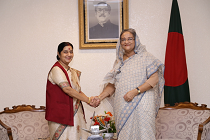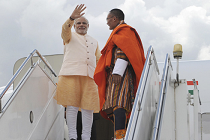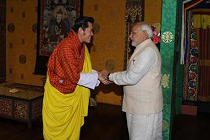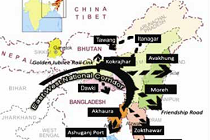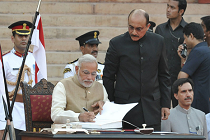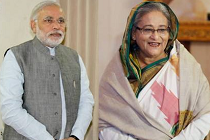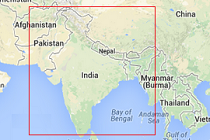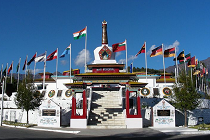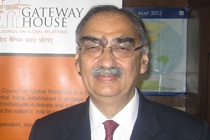Disquiet on the eastern front
Relations between India and Bangladesh have been limping along a road paved with good intentions, but little action. Will the new government in Delhi make things better or worse for its smaller and weaker neighbour? There are concerns, but there is also optimism, that Prime Minister Narendra Modi may be the man to do business with

